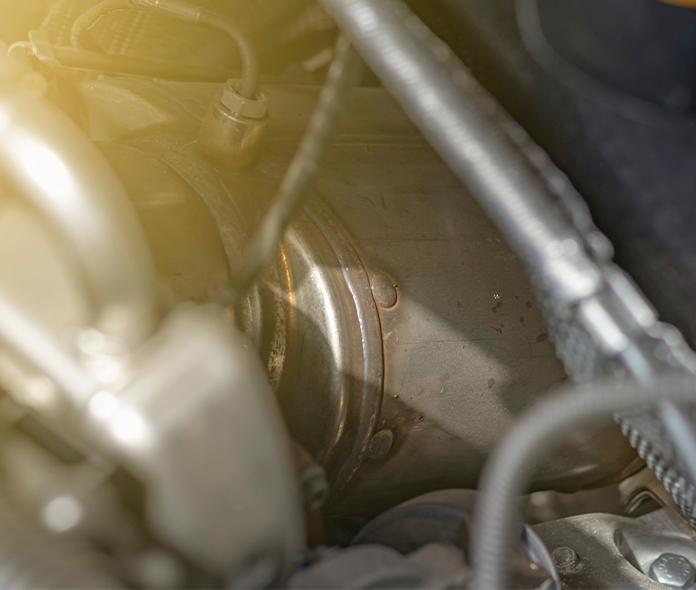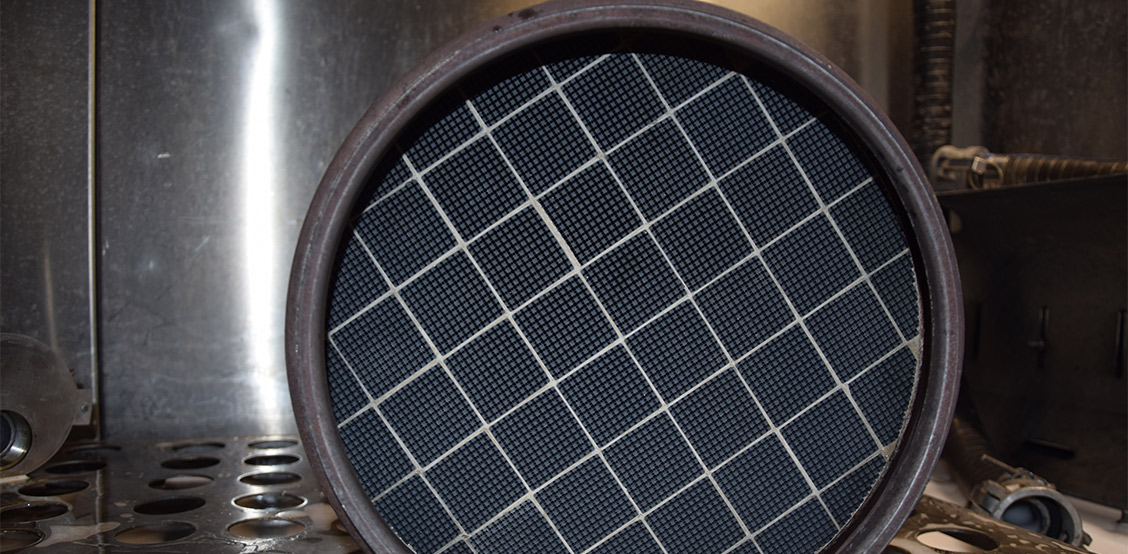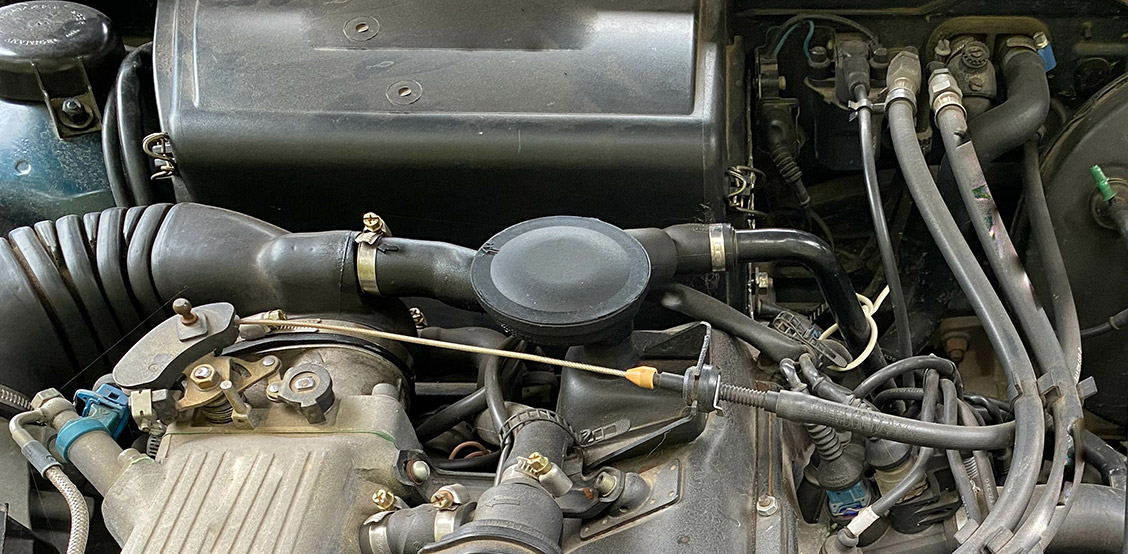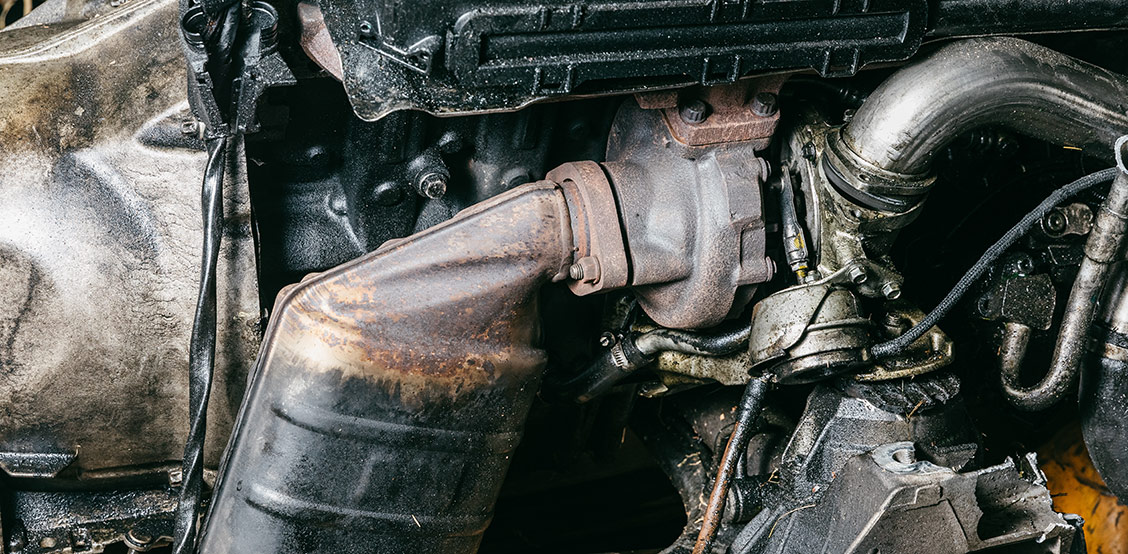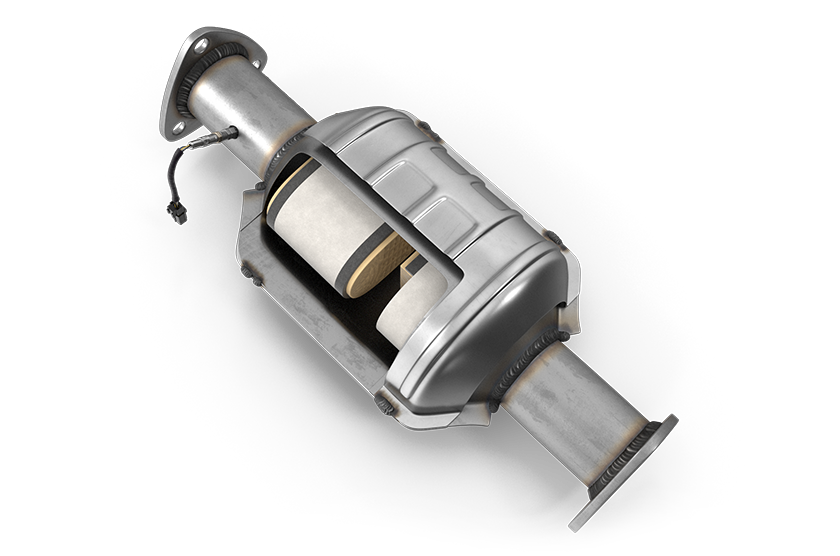Many of the vehicle manufacturers have already started to equip the current gasoline engines with particulate filters. It is a fact that at the same time as the filter is fitted, fuel consumption increases, but CO2 emissions are reduced.
So do millions of gasoline car owners have to expect similar challenges with regard to DPF cleaning as diesel drivers?
In order to be able to give clear answers to this question, more research is certainly needed.
If experts are to be believed, however, the service life of gasoline particulate filters corresponds to the service life of the vehicle in question. Some manufacturers give more specific information on this – and state a period of 15 years before the purchase of a new OPF becomes necessary.
From a technical point of view, the gasoline engine has an advantage over the diesel engine in that it reaches a high exhaust gas temperature in a shorter time, which means that the automatic regeneration of the particulate filter can be initiated sooner – i.e. more frequently.
During regeneration – as with the DPF – soot particles deposited in the filter are burned to small ash residues by passing hot exhaust gas.
This more frequent regeneration means that active regeneration of the particulate filter is needed much less frequently compared to an engine with a compression ignition system.
However, even if it seems that the amount of ash in the OPF increases more slowly, sooner or later the time will come when professional cleaning or filter replacement is necessary.
This is exactly what we at Barten GmbH are already well prepared for. We are continuously developing new and innovative solutions for cleaning gasoline particulate filters.





